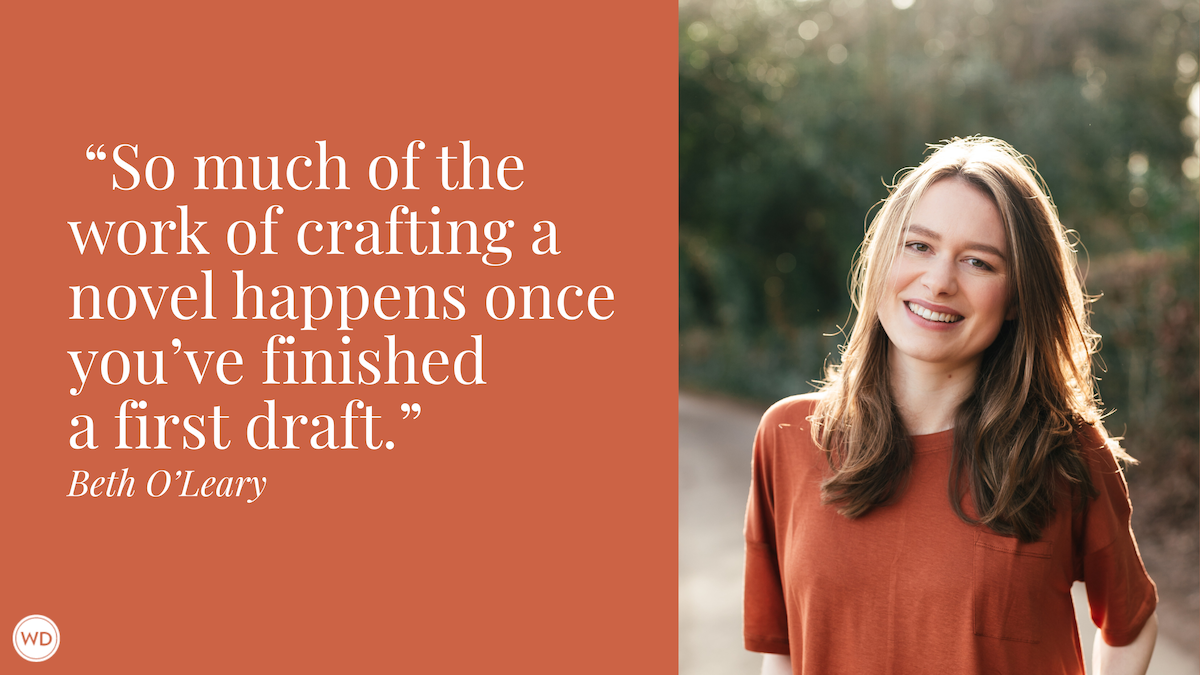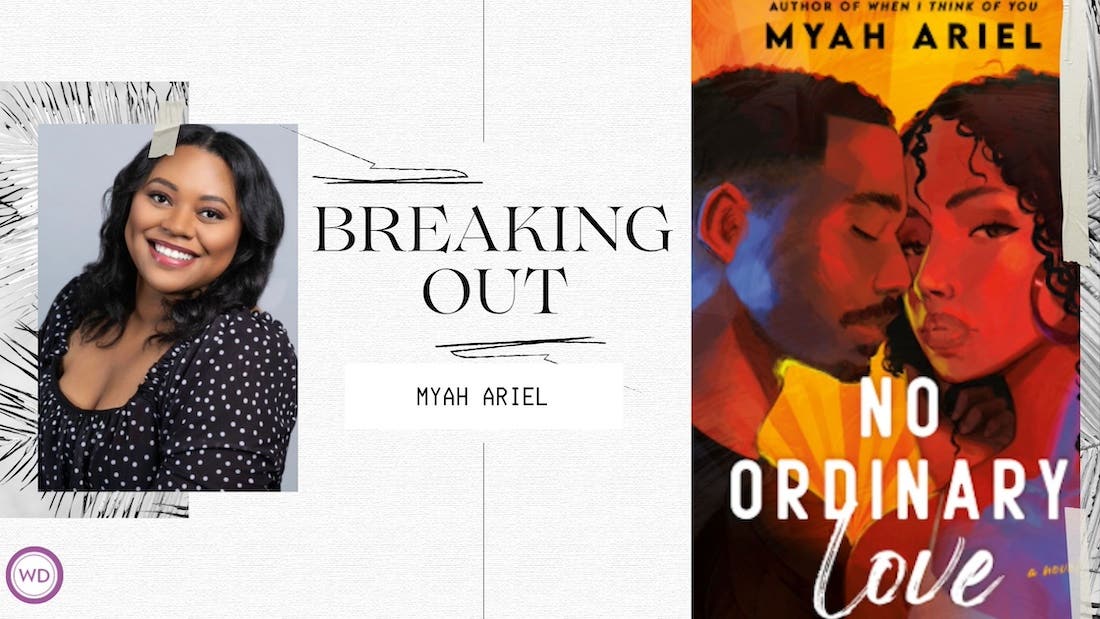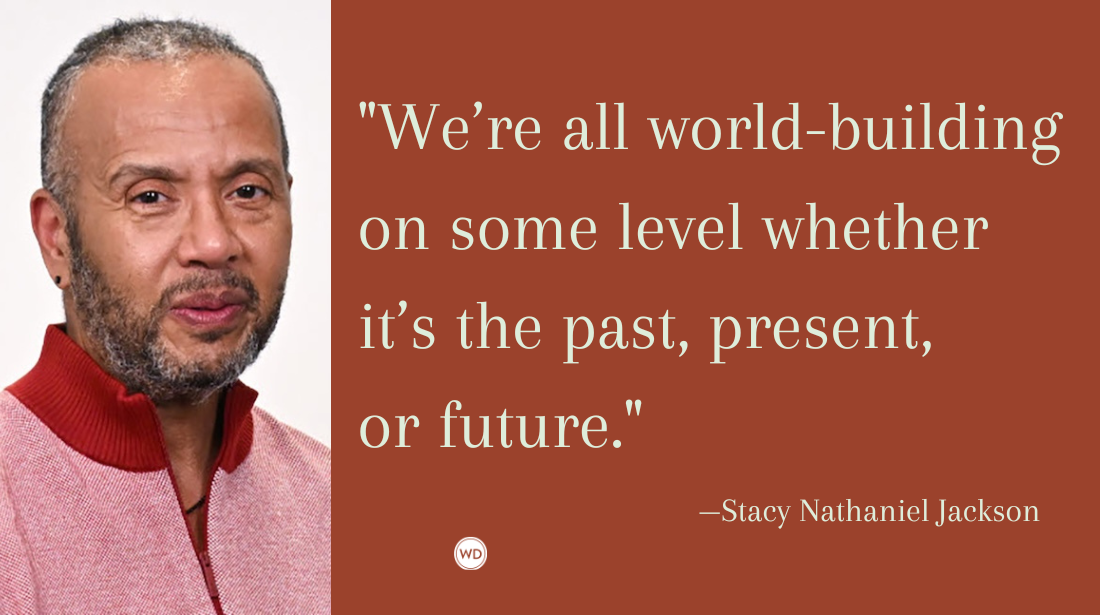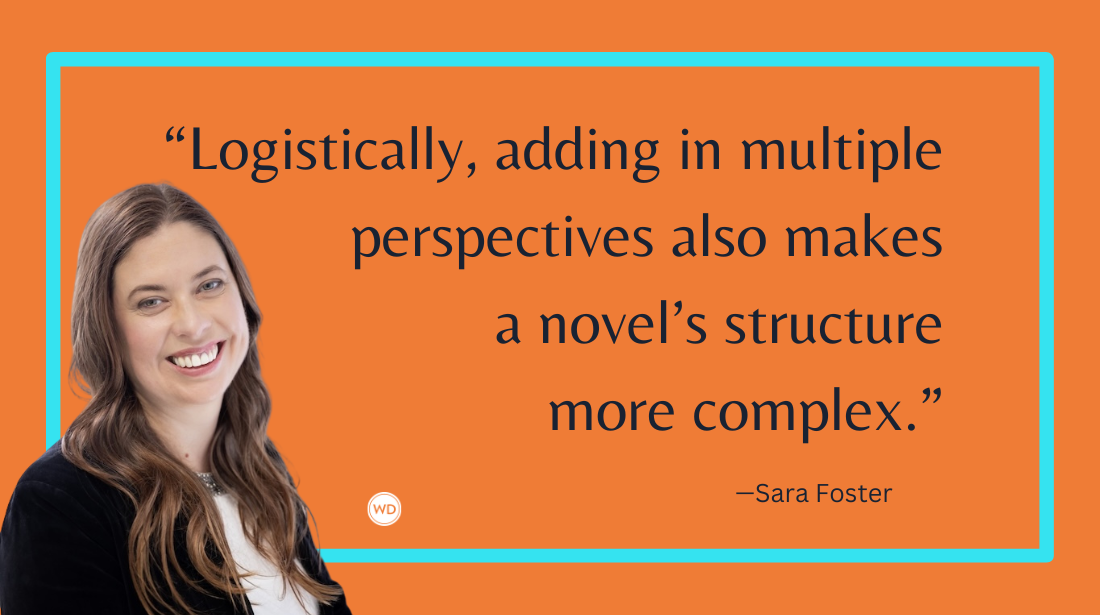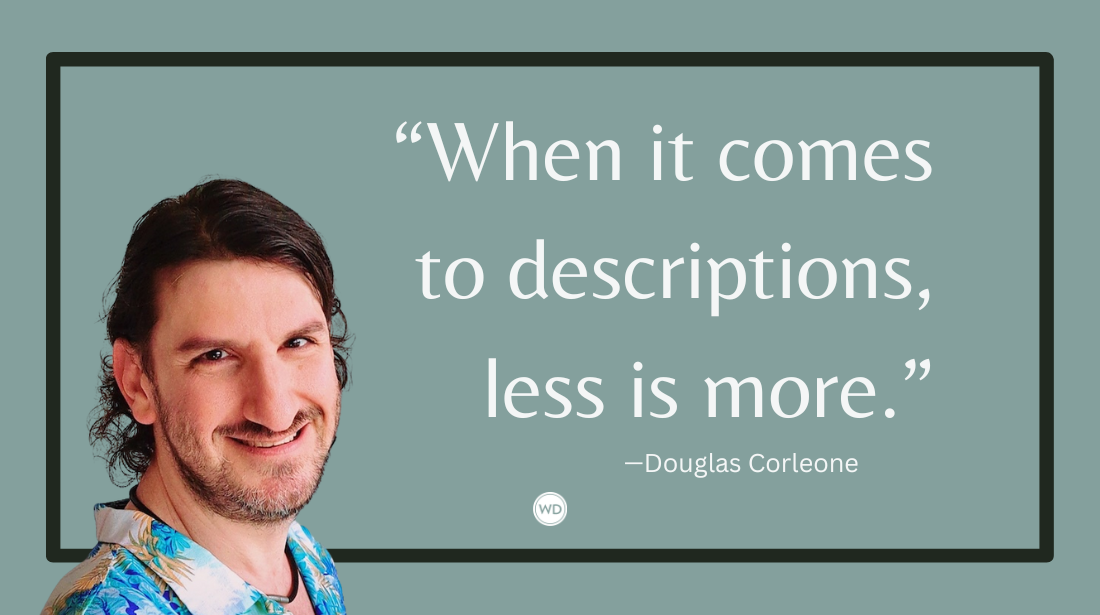How to Create a Compelling Premise for a Thriller
Learn how to create a compelling premise for a thriller or mystery novel by asking a simple question and tying it to a specific circumstance to set the stage for a thrilling read.
Ever been completely blown away by a thriller? A setting that drew you in, a narrator who pulled the rug out from under you, a plot twist you never saw coming?
As someone who reads thrillers like her life depends on it, I can confidently say that I have been left absolutely stunned more often than I can count. That’s the fun of reading a thriller, isn’t it? To actually allow yourself to be thrilled.
But writing thrillers—now that’s when it can get tricky. While reading them feels like diving into the unknown, exhilarating and fun, writing a thriller requires a lot more forethought and planning. You are not the audience, wowed by a magician’s tricks, but the magician himself, fully aware of what goes on behind the scenes.
And the first thing you need to do is set the stage.
This is where the premise comes in. It’s the foundation for your story. The very first thing you will probably think about when working on your novel. Sometimes, this premise is a simple spark that comes to you easily (If you’re lucky, this spark can be summarized into a sentence or two that leaves your reader curious and wanting more, but that’s a different article). Sometimes, it’s less of a spark and more of… something else. A word. A thought. A sound. Maybe a feeling.
Whatever it is, it’ll most likely leave you asking the two magic words. The magic words which will help you unlock a mystery, access a cave of wonders, or open a can of worms.
“What if?”
That’s it. Innocuous as these words are, if you ask yourself this question often enough, even while going about doing the most mundane of tasks, you just might land somewhere interesting.
Standing in line at the grocery store: What if the woman in front of you is buying that bouquet of roses to leave on the grave of the lover she killed? What if, unbeknownst to her, someone witnessed this murder?
Picking up dry cleaning: What if you picked up your neighbor’s white shirt by mistake? What if that shirt had a patch on the elbow that looked suspiciously like blood, and his wife has been “visiting her relatives” since the day you heard a scream through their window?
Anything can be sinister if you have a vivid enough imagination.
My recent book, You’re Invited, is set at a lavish Sri Lankan wedding. I got the idea for this twisty, murdery book when I was at a wedding myself (I know, what a perfect guest!)
Check out Amanda Jayatissa's You're Invited:
(Writer's Digest uses affiliate links.)
Don’t get me wrong, the wedding itself was fantastic. As expected, everything was absolutely gorgeous—from the venue, to the decor, to the wedding party. The happy couple floated from table to table, greeting guests, and presenting the picture of love and perfection. And while all eyes were on the newlyweds, mine accidentally drifted away to the groom’s mother.
It was just for an instant, but I saw her expression shift. She went from smiling pleasantly at the crowd to looking absolutely livid, and back to being picture perfect in a matter of seconds. It was like taking a peek behind an expensively made up mask.
What if?
What if this wedding wasn’t the happily ever after we all thought it was?
Armed with my question, I started to dig deeper, which brings me to the second part in this process.
Tying a backdrop to a circumstance.
Circumstances themselves vary on your own interests. This is why no two writers are able to write the same book even if the “What If?” is similar—be it centered on cheating spouses, someone trying to outrun their past, or murder at a wedding.
For You’re Invited, my circumstances were based around friendship breakups.
It was an idea I’d given much thought to. As a society, we mourn the loss of romantic partners all the time. It’s more than expected for you to watch romantic movies, eat an entire tub of ice cream, and sob yourself silly on your couch at the end of a romantic relationship. But friendship breakups, which are often much more hurtful, are rarely talked about.
I had my “What If?” and now I had my circumstance. Bringing those two elements together is what resulted in me writing about a woman who discovers that her ex-best friend is marrying her ex-boyfriend and would go to any length to stop the wedding, until the bride is presumed dead and she’s blamed for the murder.
But the circumstances could just as easily have been the groom hiding a shady past, or his mother having an ulterior motive for seeing the wedding happen (or not!). It could have focused on the bride’s relatives, or a past love interest. Perhaps the father-in-law is a wanted criminal?
This is what makes a compelling premise for a thriller—asking What If? And then trying to answer your own question with a circumstance you find particularly interesting.
I always joke that thriller writers see opportunities for murder everywhere, but is it really a joke if it’s true?
I have a friend who swears by a particular exercise—she takes a book or movie from a completely different genre (romance, for example), and introduces a dead body into the mix. How do the characters react? Do they fight to uncover the truth, or risk it all to make sure the truth stays hidden? Does the story itself create enough intrigue now that there’s murder involved?
If the answer is yes, well, then you have a premise.
Of course, it’s not always easy. Sometimes a good premise stays hidden a little longer than you would like. But no harm ever comes from asking yourself a silly little question every once in a while—“What if?"
Amanda Jayatissa grew up in Sri Lanka, completed her undergrad at Mills College, CA, and lived in the UK before moving back to her sunny little island. She works as a corporate trainer, owns a chain of cookie stores, and is a proud dog-mum to her two spoiled huskies.



